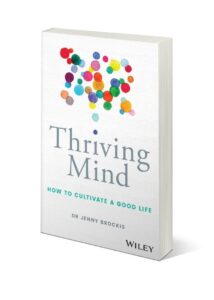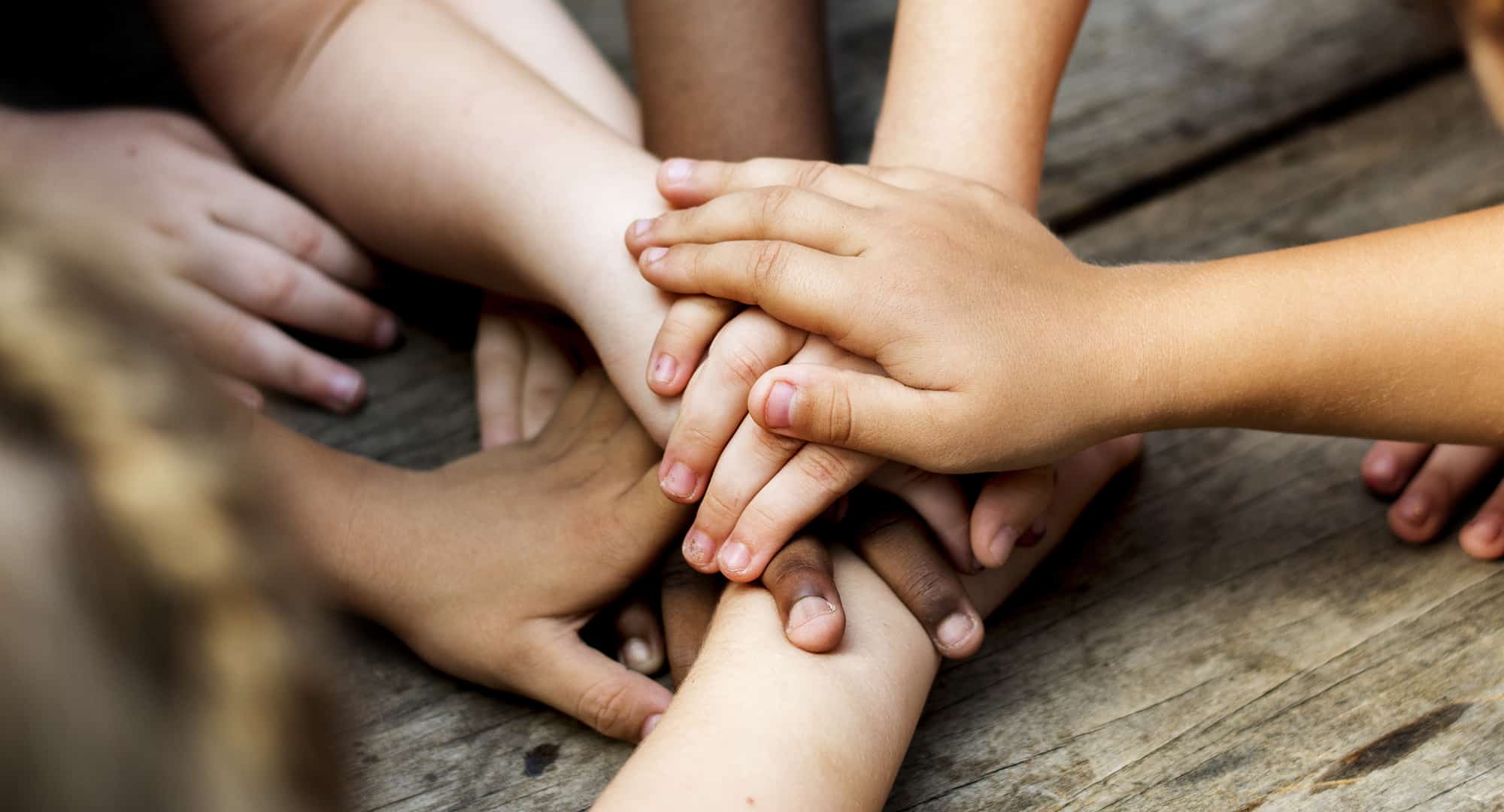It’s good to have friends and good friends are wonderful. They are good for our health, raise our level of resilience, our mental wellbeing and boost our overall level of happiness. Studies have shown having friends at work or in school is linked to higher performance and more effective learning.
As humans we are highly social, we thrive in the company of others, especially those we consider like ourselves, who we like and believe like us back. Friends come in all shapes and sizes. You may have a best friend – someone you feel closest to, a small group of very good friends who you socialise with a lot, others you call friends and associate with sometimes and the more peripheral friends who you know and like through shared contacts or work.
Friendships also naturally wax and wane. Life events such as getting married, having a family, moving away or changing jobs can loosen previously close bonds or you may find you no longer have the same interests.
Living in a time of a global pandemic has highlighted just how important our social connections are. Being required to self-isolate, to work from home and maintain physical distancing has resulted in many more people experiencing loneliness, though thankfully we’ve had technology to help. While not as good as a hug or a handshake – being able to see each other on
a screen will boost oxytocin levels; our social bonding molecule released when we are in the presence of those we like or love.
What Does a Healthy Friendship Look Like?
A healthy friendship makes you both feel good. It’s founded on mutual trust and respect where you keep your word, do what you say you will do, look out for each other and keep a shared confidence.
Healthy friendships are about appreciating each other, offering support when you see it’s needed, being a good listener, giving your full attention to what is being shared, celebrating the good times and supporting each other through the bad times.
A healthy friendship brings you joy, because you have fun together. You look forward to spending time with your friend, they bring a smile to your face and you both laugh often.
How to Create Healthy Friendships
Friendships take time to establish. If you’ve recently moved to a new area, started a new job or your children have started at a new school, it helps you to feel more settled when you’ve established some new friendships.
You have to meet people first and it’s during those first interactions where we size each other up, looking for common shared interests.
Then it’s about getting to know each other better by making a point to stop and chat when you meet and showing your interest in them as a person, asking about their family, their day or making friends with their dog. A warm smile, a cheery hello and an open question helps to break down any social barriers and shyness.
Opportunities to Interact More Can Look Like:
- Organising play dates for your children.
- A kind gesture at work – such as bringing in food to share.
- At work; asking if you can join them at their table for lunch.
- Asking for help, such as a recommendation for a restaurant for a celebratory dinner.
- Offering to help out at a function or work project
- Showing your appreciation – thanking them for meeting you for coffee or buying a small gift.
Healthy friends are not like Stepford Wives. You don’t have to agree on everything and there will be times when your friendship will be tested. It’s about staying true to yourself, your values and
beliefs and understanding friendship is always a two-way street.
How to Be a Good Friend
We’re human, which means we’re all fallible, vulnerable, sometimes irrational and we make mistakes. None of us are perfect. If a friend lets you down because they forgot they were supposed to meet you, says something you know not to be true or makes you feel small in front of other people, it’s OK to call them out for it, to talk about it and to share how your feelings were hurt by
their actions.
A good friend will apologise, and you can forgive.
A good friend is about being observant to when a friend isn’t themselves, and you show you care by asking what’s wrong and how you can help.
It’s about seeking to empathise and to show support without judgement.
It’s recognising when your friend needs space; to be alone, to think or just be.
Friendship is the key to a longer, happier and healthier life, and essential to our ability to thrive.
About Dr Jenny Brockis:
Dr Jenny Brockis is a medical practitioner, board-certified lifestyle medicine physician and Chief Wellbeing Officer of Brain Fit – a workplace-based health consultancy, author and global authority on brain health, mental wellbeing and psychological safety. As a kid, Jenny’s insatiable curiosity would often land her in hot water. As a lifestyle medicine physician, global speaker and best-selling author her curiosity still drives her to understand why we think and behave the way we do, and what allows us to be happy, healthy and truly thrive? Find out more at
www.drjennybrockis.com
For more on this topic with Dr Jenny Brockis, tune into episode 102 of the PakMag Parent’s Podcast at www.pakmag.com.au

Cultivate a good life with Thriving Mind – by Dr Jenny Brockis

As a parent what do you wish for your kids, other than to be happy and healthy? But isn’t that something we can also aspire to? If the demands of the modern world are wearing you out and draining your energy, it’s time to reset and draw your own roadmap for the future because there are three things that help us truly thrive; choosing more happiness, deciding to thrive and seeking true connection and Thriving Mind will help you get there.





